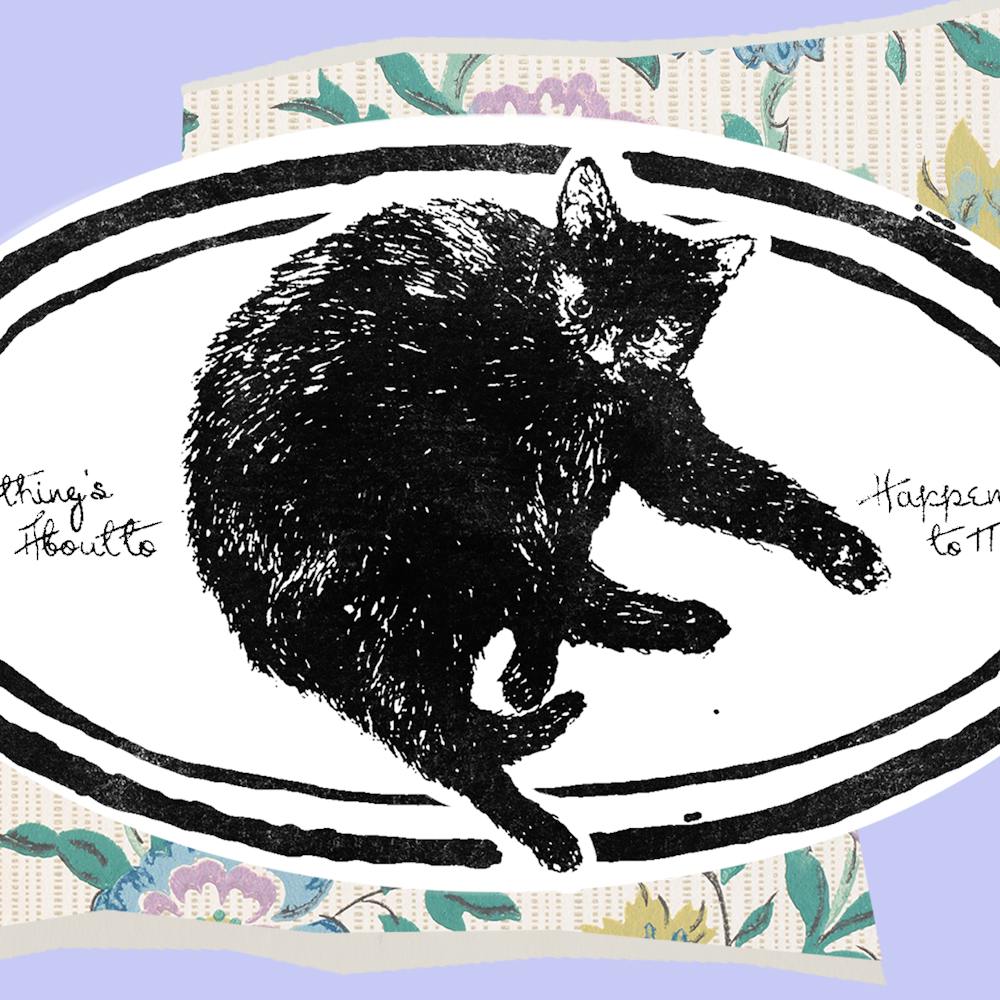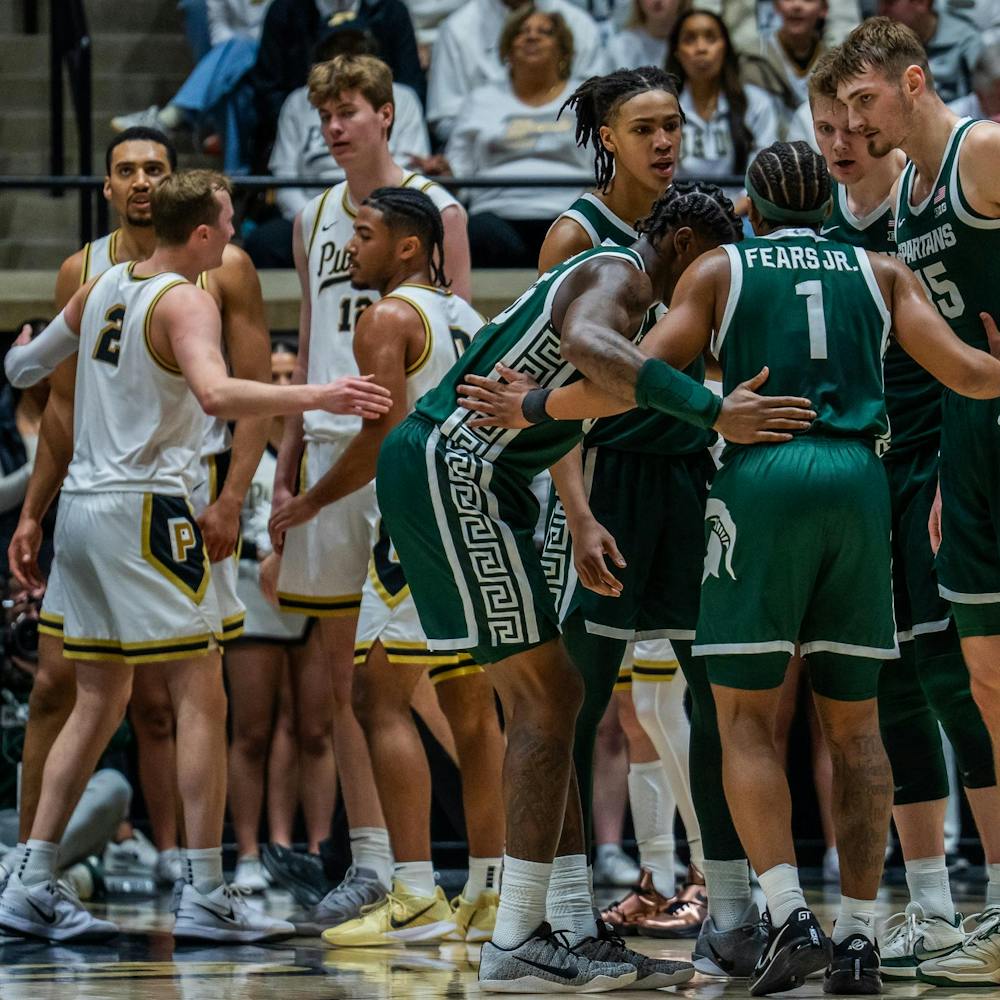Regardless, ASMSU President Connor Le said he is happy to see any increase in voter turnout and views all of the engagement events last week as a success.
“While it is a small increase, it's still a big win for us,” Le said.
According to some students, however, the events’ requirements to submit a vote in exchange for ice cream resulted in a rushed process for students, not allowing them to take an educated vote. At some events, students alleged ASMSU representatives were encouraging students to vote a certain way on a controversial proposal.
That proposal was one of three on the General Assembly election ballot, in addition to races for representatives from each college. It drew strong criticism from former members and students who opposed its proposed reversal of a previous student vote.
The proposal ultimately passed. ASMSU members say they will take the opportunity to implement a popular voting system on a more lenient deadline. Meanwhile, one student who was allegedly encouraged by members to vote "yes" says she would vote differently if given a redo.
What’s next for Proposal 2
All three ballot proposals passed, including the controversial Proposal 2, which rescinds last year’s student body vote to change ASMSU presidential elections to a popular vote, instead keeping them parliamentary.
Representatives told The State News that the proposal was a result of a lack of time to implement this change in voting system by the spring 2026 deadline. But some students took issue with a lack of action from the student government and what one former representative described as an attempt by ASMSU to prevent presidential elections from being democratic.
The race around this proposal was tight, as it only passed by 6.6% of the votes. 46.7% of voters voted against it, and 53.3% voted in favor.
The purpose of Proposal 2 was never to stop discussion surrounding a popular presidential vote, Le said, and now that the time constraint has been lifted, ASMSU can continue working throughout the 62nd session in the fall and foreseeable future.
"We are taking in consideration that yes, the proposal passed only by 93 votes," he said.
As current president, Le said he will ensure the work on a popular election system continues into the fall and that his successor engages with it.
Vice President of Internal Affairs Kathryn Harding is the only person running to be next year’s student body president.
As VPIA this academic year, Harding chaired the Ad-Hoc committee tasked with implementing the voting system. With the deadline removed, those involved with the committee will be able to complete more work and carefully navigate a large change to the highest level of leadership for ASMSU, Harding said.
She said the committee isn’t dissolved and that if elected president, she is interested in continuing to be a part of those discussions.
Harding added that if representatives wish to take steps to move toward a new voting system, she would facilitate that as president.
"This is something that we want to do with the most care possible because we wouldn't want to see a change to our electoral system and have it not work out so great," she said. "When we implement this, we want it to be done right the first time and not have to worry about trial and error, because it's so important."
Voter coercion?
Support student media!
Please consider donating to The State News and help fund the future of journalism.
Computational data science freshman Maggie Beaver said she voted, but would have done so differently under different circumstances.
Beaver attended one of last week's events where representatives gave away ice cream in exchange for students showing their phone screen to prove they had just voted. She said the line she waited in was long, with representatives urging students that voting would only take a few seconds.
"It was kind of a rushed experience," Beaver said.
When representatives were handing ice cream to students, Beaver said they told students they would "prefer" if students voted yes on the proposals.
"Obviously I should have actually read through what I was voting on before just voting yes like they said," Beaver said.
If given more time to read through the ballot, Beaver said she would have voted differently.
ASMSU caught similar criticism from a former representative for how it promoted the proposals on social media. An Instagram post from the organization told students to "VOTE YES" on the proposals.
Asked if he was aware of representatives encouraging students to vote in a certain way, Le said he had not heard of this happening and ensured that ASMSU would take this seriously.
"We'll make sure that going forward our representatives are ensuring that they're being as unbiased as possible during these events and only answering questions about the proposals, and not how to vote," he said.
Social studies education junior Benjamin Machesky said he wasn’t aware elections were happening until an ASMSU affiliate announced they would be giving ice cream away outside of the Union building. Machesky said he voted no on Proposal 2 after reading about it on social media.
He did not notice ASMSU representatives encouraging students to vote a certain way, but observed that many around him, including himself, were simply rushing through their ballots, caring more about receiving free ice cream.
Why didn’t students vote?
When The State News spoke to students on whether or not they voted last week, the vast majority said no. Some students were not even aware there was an election happening.
Advertising management sophomores Keely Lambert and Destinee Phonxana both weren’t aware elections even happened last week. Both said they didn’t understand the importance of voting and weren’t privy to what their student government does.
Public relations junior Grace Schweihofer said she only knows ASMSU by name.
"I had no idea it was even happening, maybe if I had known I might have (voted)," she said.
Environmental economics senior Karolena Popyk knew elections were going on last week, but decided not to vote anyway.
"I feel like the issues that they were voting on doesn't affect me as a student, so I didn't feel inclined to vote," Popyk said.
Discussion
Share and discuss “Voter turnout increases marginally in ASMSU elections; controversial proposal passes” on social media.







